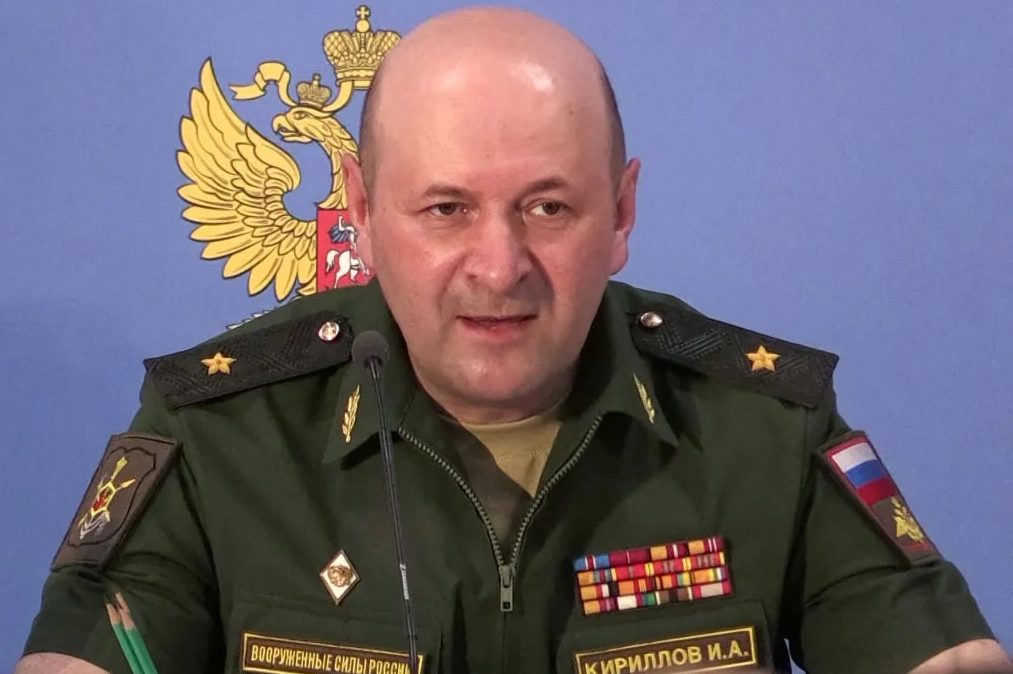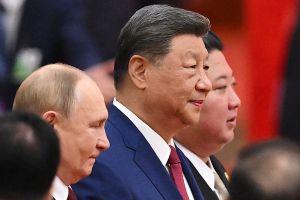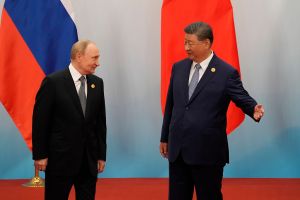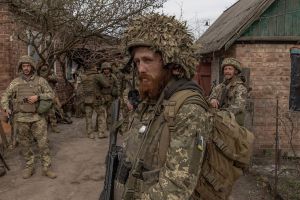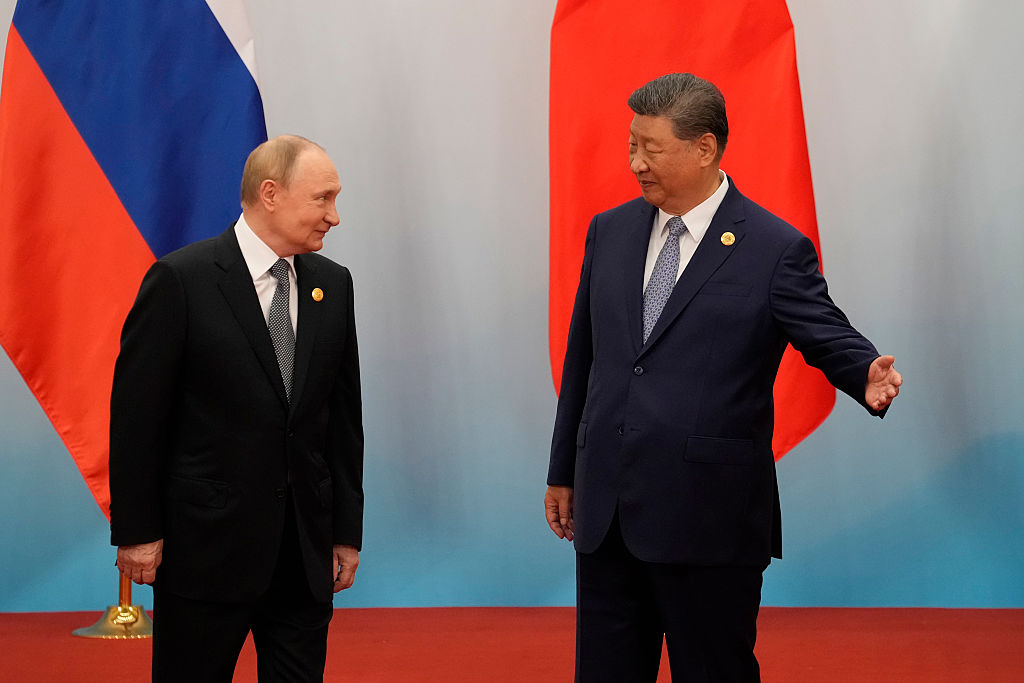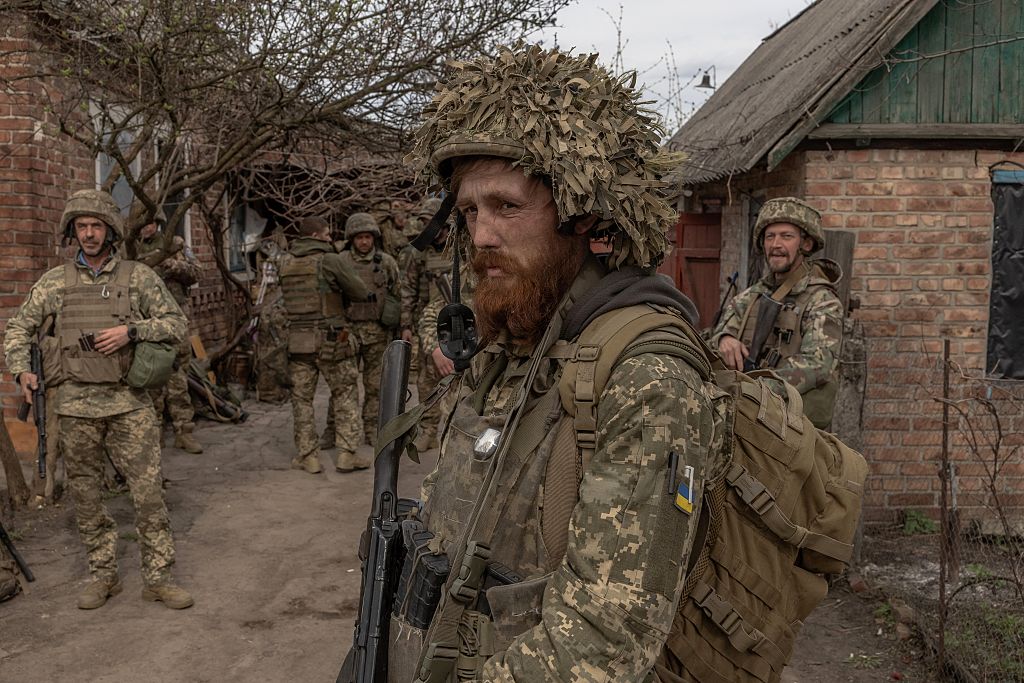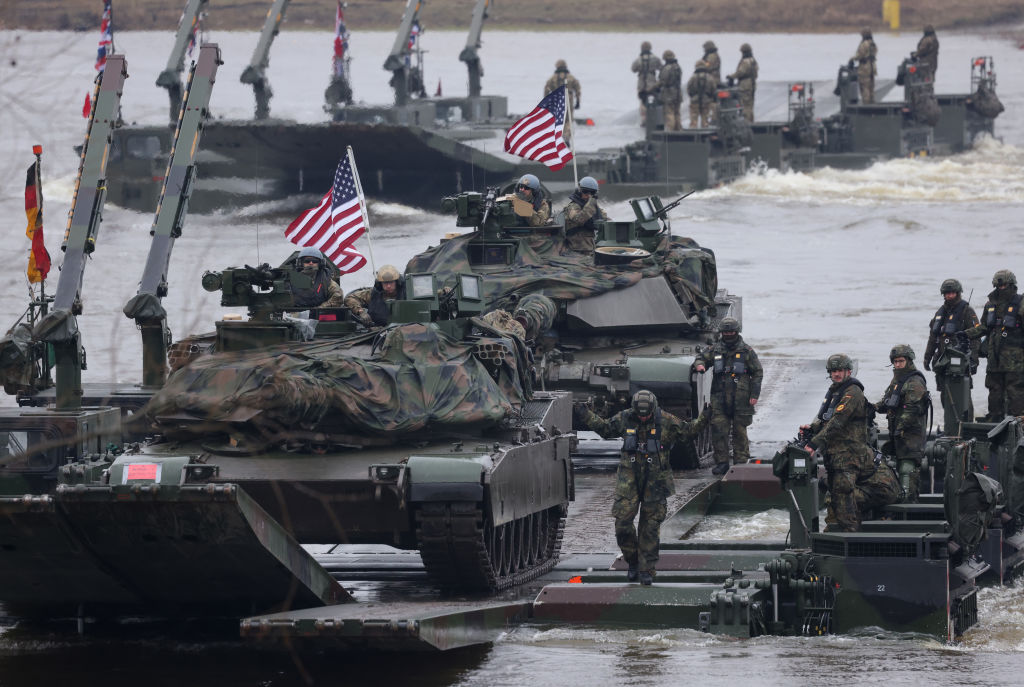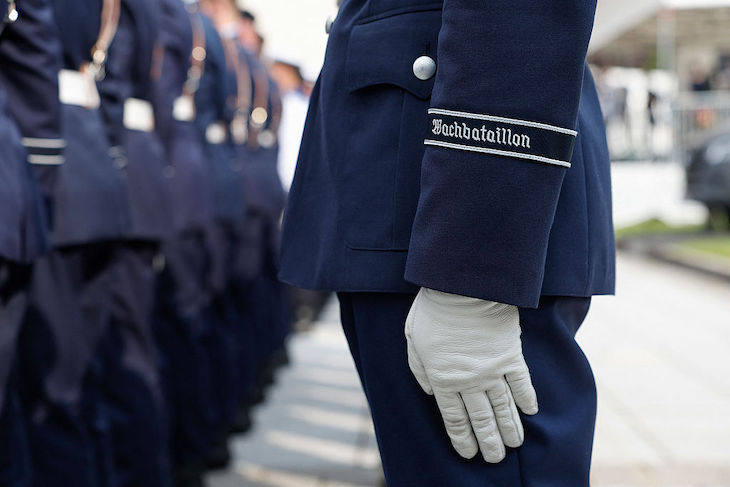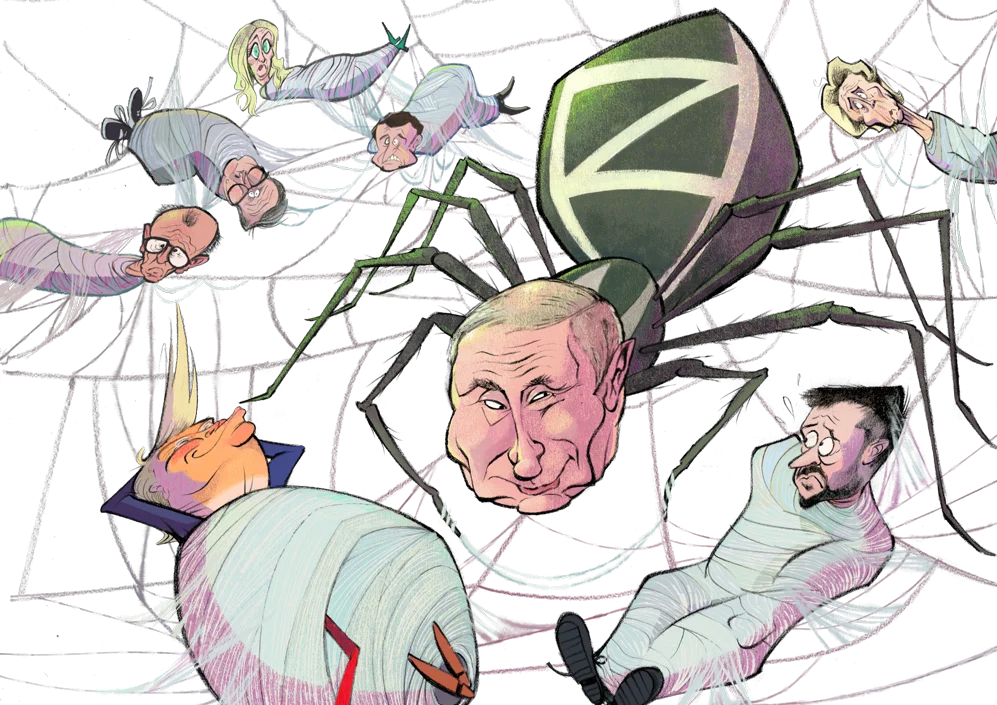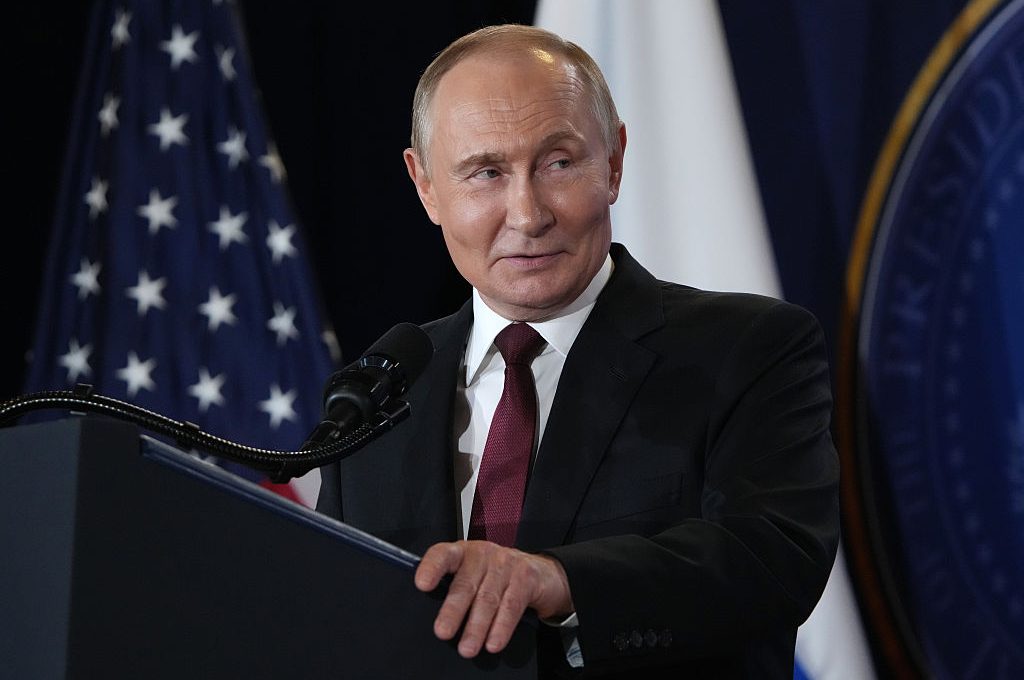Another one down. This morning, Lieutenant General Igor Kirillov, head of RKhBZ, Russia’s Radiological, Chemical and Biological Defense Troops, was heading out of his block in Moscow’s Ryazansky Avenue, accompanied by his aide, when a bomb placed inside an electric scooter exploded. Both men were killed in the latest Ukrainian assassination operation targeting Russian officers accused of war crimes.
The timing was hardly coincidental. The fifty-four-year-old Kirillov has been under western sanctions since 2017, both because of RKhBZ’s activities (including supporting the Syrian use of chemical weapons) and also his role as a propagandist, spreading such falsehoods as the claim that Ukraine hosted secret biological warfare laboratories. However, the day before, the Security Service of Ukraine (SBU) had charged him in absentia, as “responsible for the mass use of banned chemical weapons.” Kyiv has claimed that more than 2,000 Ukrainian troops had required hospital treatment over the course of the war because of the use of the choking agents, first tear gas and later the more serious chloropicrin, an oily substance which saw wide use in World War One. Then, as now, it is used to clear enemy trenches, as it causes serious irritation of the lungs, eyes and skin and worse — three Ukrainian soldiers have reportedly died as a direct result.
Kirillov is the most senior officer to have been killed in a targeted assassination away from the war zone, but he is hardly the first. The Ukrainians have been ramping up their campaign.
Earlier this month, a car bomb killed Sergei Yevsyukov, who had been running the notorious Olenivka prison where dozens of Ukrainian prisoners of war died in a missile strike in July 2022. Kyiv’s contention is that Moscow staged the attack to eliminate evidence of torture and other war crimes, although this has not been verified.
In November, Valery Trankovsky, chief of staff of the Black Sea Fleet’s 41st Missile Ships, was killed in Sevastopol by another car bomb. He had also been accused of war crimes for his unit’s role in bombarding Ukrainian cities. The month before, another bomb killed Andriy Korotky, security chief of the Zaporizhia nuclear plant, whom the SBU had denounced as a “collaborator.” On the other hand, the murder in October of Nikita Klenkov, a special forces officer who had fought in Ukraine in Moscow region, does not seem to be connected to the war so much as a gangland feud.
Nor is the tempo of other kinds of behind-the-lines attacks slackening, and extend from physical to virtual worlds. Earlier this year, Roskomnadzor, the media and internet supervision agency, noted an increasing number of attacks on Russian computer networks, especially originating from Ukraine, with the aim of accessing classified records (which can help identify agents and operations) and damaging national infrastructure. Reportedly, “about 70 percent of the investigated incidents were related to the activities of pro-Ukrainian groups.”
In part, this is revenge for Russia’s own campaign of drone, missile and hacking attacks on Ukraine’s critical national infrastructure. However, there is also a political dimension to this. Killing pro-war cheerleaders such as the blogger Vladlen Tatarsky (blown up in April 2023) and Darya Dugina, daughter of a nationalist philosopher (killed in August 2022, in attack possibly aimed at her father) has not silenced these “turbo-patriots.” If anything, it has given them martyrs.
By going after commanders — especially those accused of war crimes — and facilitators of the Kremlin’s rule in the occupied territories, Kyiv is seeking to demoralize those on whom the war directly depends. Even within the officer corps, after all, there is suppressed but widespread dismay, especially at what the war is doing to the Russian military. When a communist member broke ranks in September to ask how the army had been turned into “a gang of bandits,” this received considerable attention on social media channels used by officers. By demonstrating that there is no impunity, even for generals living back in Moscow, the hope is to encourage more officers if not to oppose the war, at least to try and avoid being involved.
In and of itself, of course, this is not going to end this bloody war. However, as a former British intelligence officer put it, “short of Putin’s death, no one thing is going to do that. It’s about trying to build up a critical mass of reasons and constituencies who just want this to stop.” Attacks on Russian oil facilities, hacking government websites to show anti-war propaganda, diplomatic efforts to isolate Russia and close sanctions loopholes, assassination campaigns — all these are best considered simply as other fronts in a war being fought all the way across society.



